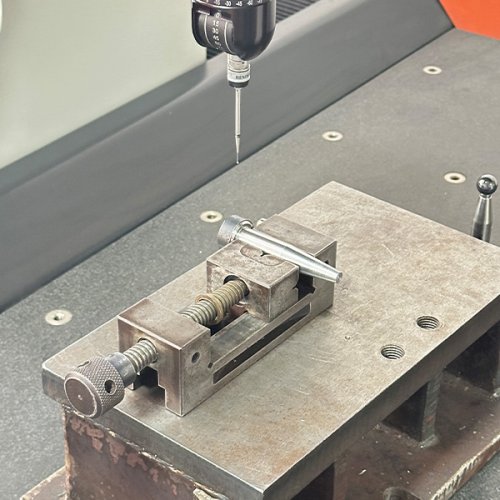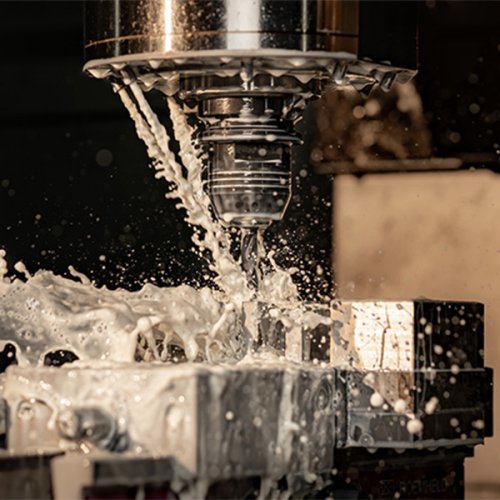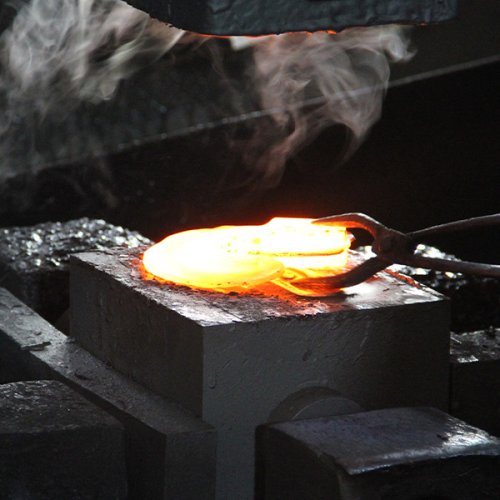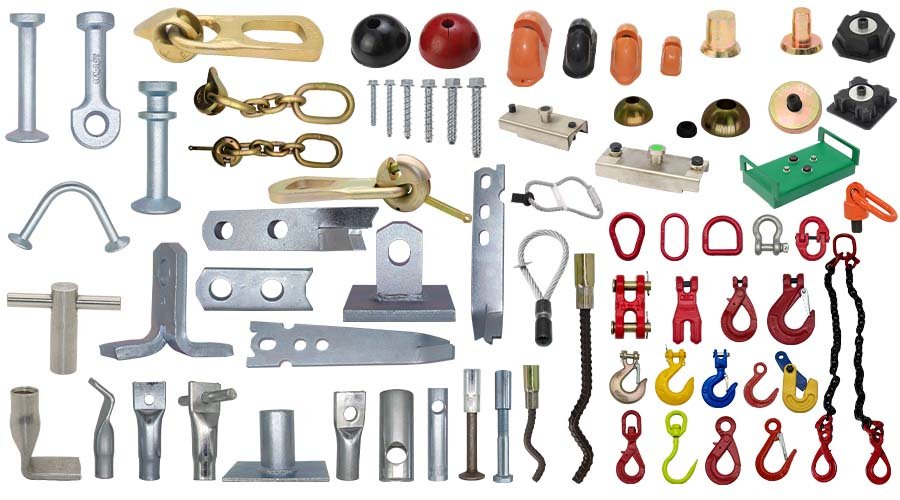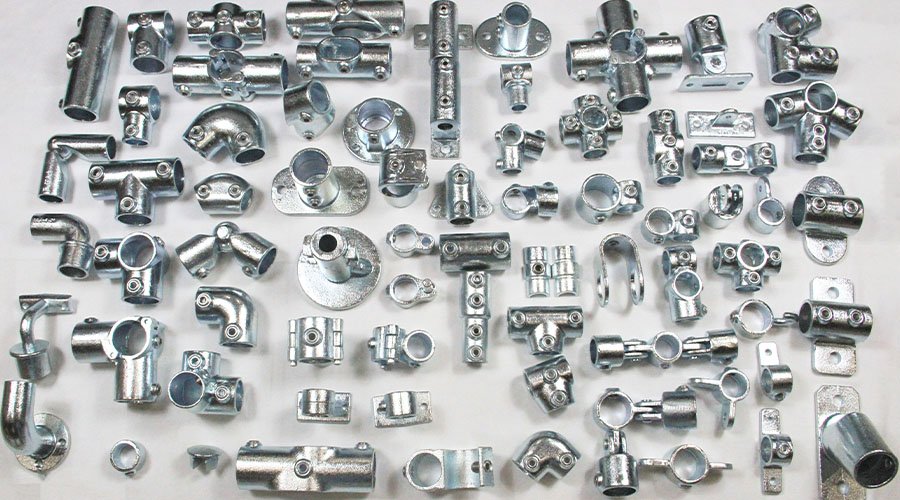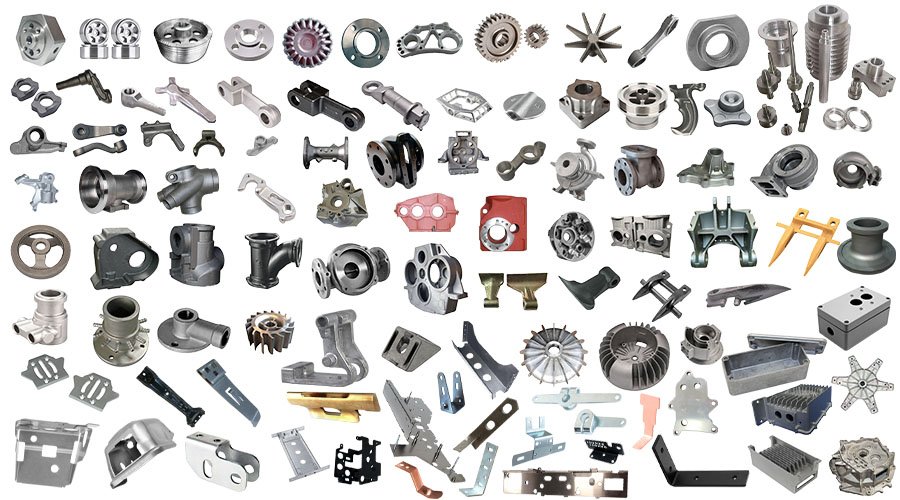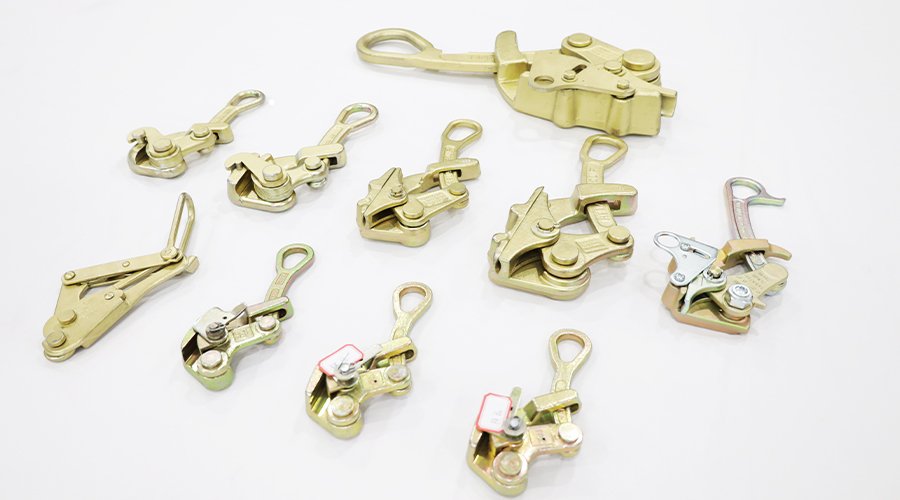Custom metal parts produced through forging, stamping, or casting are tailored to specific requirements for strength, precision, and design complexity. Examples include forged shafts, stamped brackets, and cast housings, each optimized for their intended application. By combining material expertise with advanced production techniques, these parts achieve superior performance, ensuring they meet the rigorous standards of industrial, automotive, construction, or consumer product sectors.

 EN
EN RU
RU

